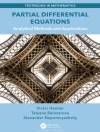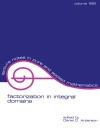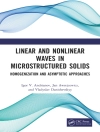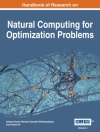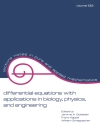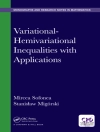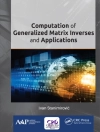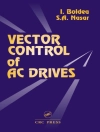Computational complexity theory provides a framework for understanding the cost of solving computational problems, as measured by the requirement for resources such as time and space. The objects of study are algorithms defined within a formal model of computation. Upper bounds on the computational complexity of a problem are usually derived by constructing and analyzing specific algorithms. Meaningful lower bounds on computational complexity are harder to come by, and are not available for most problems of interest. The dominant approach in complexity theory is to consider algorithms as oper- ating on finite strings of symbols from a finite alphabet. Such strings may represent various discrete objects such as integers or algebraic expressions, but cannot rep- resent real or complex numbers, unless the numbers are rounded to approximate values from a discrete set. A major concern of the theory is the number of com- putation steps required to solve a problem, as a function of the length of the input string.
Lenore Blum & Felipe Cucker
Complexity and Real Computation [PDF ebook]
Complexity and Real Computation [PDF ebook]
Koop dit e-boek en ontvang er nog 1 GRATIS!
Taal Engels ● Formaat PDF ● ISBN 9781461207016 ● Uitgeverij Springer New York ● Gepubliceerd 2012 ● Downloadbare 3 keer ● Valuta EUR ● ID 4610226 ● Kopieerbeveiliging Adobe DRM
Vereist een DRM-compatibele e-boeklezer


